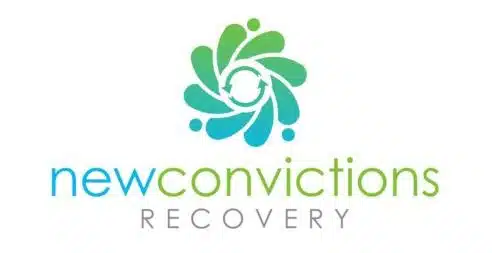
Utilizing a blend of traditional and innovative approaches, our programs tackle addiction and underlying mental and substance abuse issues, ensuring holistic recovery. At New Convictions Recovery, we’re committed to making a difference in the lives of those we serve, providing the essential tools and resources for a brighter, addiction-free future.
The Basics of Gambling Addiction
Understanding the Compulsive Need to Gamble
Gambling addiction refers to the uncontrollable urge to gamble despite the negative consequences or the desire to quit. It is often classified as a behavioral addiction, similar to substance abuse disorders. There can be various root causes behind this addiction, ranging from the excitement of taking risks to the desire for financial gain or a means to escape stress. However, the first crucial step towards overcoming this addiction is to be aware of its existence and seek help.
Recognizing the Signs and Symptoms
Inability to Control Gambling Habits
One key symptom of compulsive gambling is the inability to control or reduce gambling activities despite facing adverse outcomes. Individuals may find themselves becoming completely consumed by their gambling habits, constantly reliving past experiences and thoughts related to gambling.
Chasing Losses
Compulsive gamblers often exhibit the behavior of increasing bet amounts when losing, hoping to recoup their losses. This act of “chasing losses” is a common sign of a gambling addiction.
Restlessness and Irritability
When attempting to reduce or quit gambling, individuals with a gambling addiction may experience restlessness and irritability. These feelings arise due to the strong urge to engage in gambling activities and the struggle to resist that urge.
Hiding and Deception
Compulsive gamblers may go to great lengths to hide their gambling activities or lie about the extent of their involvement. This deceitful behavior is often driven by shame, guilt, or the fear of facing consequences.
Financial Strain and Desperate Measures
A gambling addiction can lead to severe financial strain. Gamblers may resort to maxing out credit cards, taking out loans, or even resort to theft in order to fund their gambling habits. Desperation for money to support the addiction is a common marker of compulsive gambling.
3. Importance of Seeking Professional Help for Gambling Addiction
- Compulsive gambling can lead to severe mental, financial, and interpersonal issues.
- Professional intervention increases the chances of sustainable recovery.
- Counselors and therapists specializing in gambling addiction offer targeted solutions and coping strategies.
- Get help for gambling addiction in NJ: Seek out the Council of New Jersey at https://800gambler.org for specialized services.
4. Treatment Options for Compulsive Gambling
- Individual and group therapy focuses on the root causes and triggers.
- Cognitive Behavioral Therapy (CBT) to address and change negative patterns of thought.
- Medication to treat any underlying mental health disorders contributing to the addiction.
- Join a gambling addiction rehabilitation program in New Jersey for comprehensive care.
5. Resources for Individuals with a Gambling Addiction
-
- Gambling Addiction Hotline: Immediate assistance and information for those in crisis. 609-588-5515
- Online resources provide information, guidance, and access to support networks.
- Local NJ centers and organizations, such as the NJ Council on Compulsive Gambling, offer services, therapy, and programs for recovery.
- Utilize gambling addiction counseling services in New Jersey to find group and individual therapy options.
